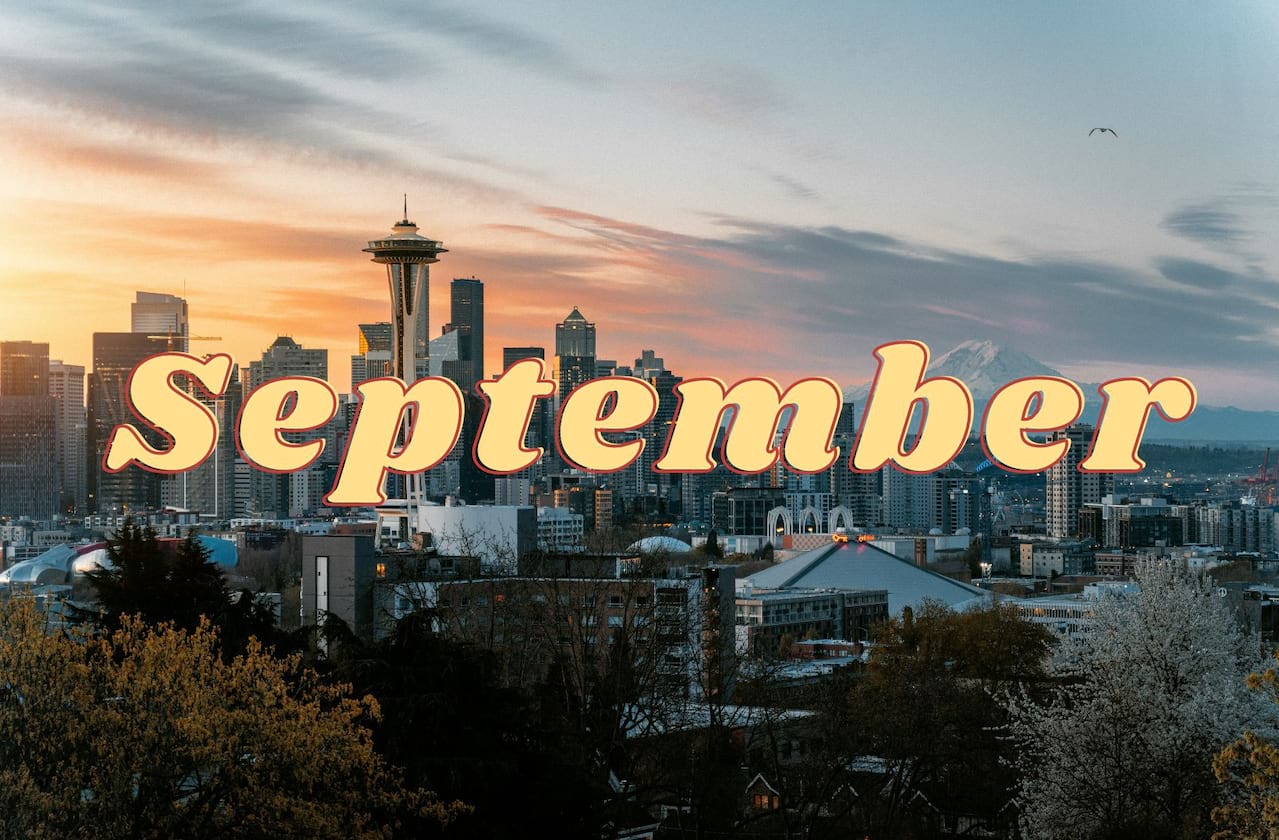The Powerful History of Black Theatre
 Daniel, June 18th, 2024
Daniel, June 18th, 2024A Story of Triumph, Talent, and Transformation
With George C. Wolfe winning his Lifetime Achievement award at this year's annual Tony Awards, this Juneteenth it's important to take a deep look into the history of African-American theatre and how the art form got to the incredibly powerful place it is today. From the early theatre companies of Benjamin J. Ford to the powerful narratives that define modern Black theatre, the stage has been a platform for African American voices to resonate, challenge, and celebrate their experiences. Let's take a journey through the vibrant history of Black theatrea story of triumph, talent, and transformation.
Origins
In the 19th century, a new dramatic movement emerged in the United States, giving birth to Black Theatre. Initially, minstrel shows portrayed a contorted picture, with white performers wearing blackface and displaying harmful black stereotypes. However, after the Civil War, Black actors reclaimed the narrative, creating shows that echoed their authentic stories - which resonated with black theatre-goers.
Act One
In 1823, a theatrical revolution occurred with James Brown's play King Shotaway' being performed at the African Grove Theatre in New York City, which was the first play written by a Black American. William Wells Brown's The Escape' followed soon after, breaking barriers as the first published Black play. Angelina W. Grimk's Rachel' captivated audiences at the Neighborhood Playhouse in 1917 and heralded the arrival of African American dramatists.
Act Two
During the vibrant 1920s, the Harlem Renaissance took center stage, and the Ethiopian Art Theatre played a pivotal role by showcasing talents such as Paul Robeson. As Broadway beckoned, Garland Anderson's play Appearances' responded to the call, setting the stage for Langston Hughes's acclaimed work, Mulatto,' which went on to become a major hit.
Act Three
Following World War II, Black theatre embraced a more assertive stance, challenging stereotypes and integrating African American playwrights into the mainstream. Lorraine Hansberry's iconic play, A Raisin in the Sun,' served as a beacon of African American identity and struggle.
Act Four
In the 1960s, a significant revolution occurred in Black theatre, spearheaded by playwright Amiri Baraka. His play Dutchman' and the Black Arts Repertory Theatre played pivotal roles in advocating for a unique movement within American theatre. Baraka's work challenged existing norms, addressing racial identity, social justice, and cultural expression. The Black Arts movement during this era sought to empower Black artists and amplify their voices, fostering a vibrant and transformative period in theatrical history.
Prize-Winning
In the '80s and '90s, Black theatre thrived due to influential figures like August Wilson, Suzan-Lori Parks, and George Wolfe. Wilson's plays, including Ma Rainey's Black Bottom' and Fences', earned him two Pulitzer Prizes and a Tony Award. Suzan-Lori Parks broke barriers with Topdog/Underdog', becoming the first African American woman to win the Pulitzer Prize for Drama. George Wolfe's impactful work as a playwright, director, and producer left an indelible mark on American cultural history.
Today
Audra McDonald's six Tony wins and George C Wolfe's directorial genius have further elevated Black theatre, with the latter winning the Lifetime Achievement award at this year's annual Tony Awards. In 2023, Alex Newell and J. Harrison Ghee made history as the first non-binary Tony Award winners, proving that the stage is a place for all stories to be told.
As the curtain falls, one thing is clear: Black theatre is not just a genre; it's a legacy of resilience and creativity that continues to inspire and evolve. So, let's give a standing ovation to the writers, actors, and crews who turned the spotlight on the richness of African American life and culture.






